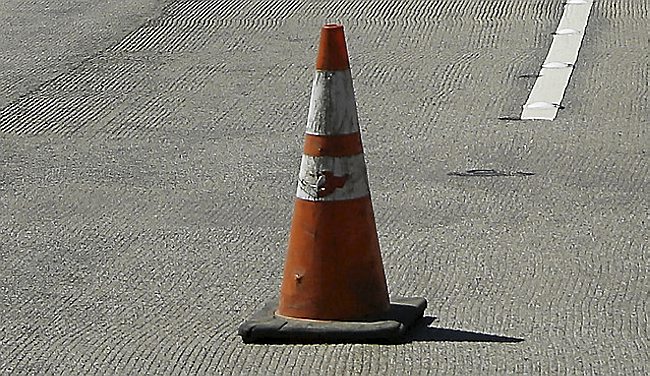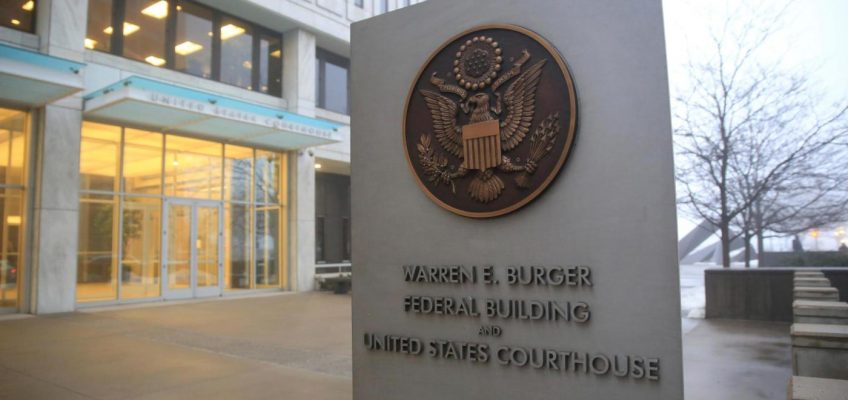The Timberwolves held their annual Media Day on Monday in Minneapolis to kick off training camp with, frankly, little in the way of news. For a franchise that in the past has started camp with news of major trades, pending contract situations and trade demands, it was awfully calm.
With most of its nucleus back from last season’s Western Conference Finals run, Minnesota is drama-free.
That doesn’t mean there weren’t a few highlights on Monday. Here are the best quotes and notes:
Quotes
Anthony Edwards, on how he will motivate himself to play non-marquee opponents:
“Try to get a career high in points. I think that’s how I’m going to try to do it, because I usually approach it like, ‘Ah, I’m going to let my teammates get that (stuff) off.’ Instead, I’m just going to go for a career high. I think that’s how I’m going to stay engaged.”
Mike Conley, on getting his first hole in one this summer:
“I tell you what, I told my wife, she was out of the country at the time. I said, ‘It’s probably the greatest thing that’s ever happened to me in my life.’ And I doubled down on it, man. But it was great. It was great. It’s hard to do, obviously, I’ve been trying for almost 17 years. So, I’m thankful.”
Conley, on sharing the ball on a team featuring Edwards and Julius Randle:
“We talk about it all the time, and it’s something that I tell them every time. ‘If I get the ball, I promise y’all, I’m not trying to go shoot this thing. I promise you, if you run, I’m gonna throw it up to you. I want to play quarterback, all-time quarterback.’ That’s what I want to do. I don’t want to move. I want to throw it to you and let you guys just have the world.”
First-round pick Joan Beringer, on where he has the most room to grow:
“I don’t want to put a limit on my potential. I want to be one of the best players of the league, be the best defender. This is my goal, and every day I wake up for it.”
Jaylen Clark, on re-establishing being hard to play against:
“I feel like leaning into, like, what Minnesota is about. It’s cold as hell here. Plenty of people would rather be in Miami when they come play. Just embrace the fact that, you know, people are trying to get out of here as quick as possible. Make this night as long and hard for them as possible. Be antagonizing, getting under people’s skin. Just being the people nobody wants to play against, like what Detroit used to be in the Bad Boy era against the Bulls. You just knew you were in for a long night.”
Notes
After originally committing to play for Italy in EuroBasket over the summer, Donte DiVincenzo pulled out just ahead of the team’s training camp out of precaution for his sprained toe, suffered in the middle of last season.
He explained his health situation Monday.
“I’m healthy. I’m fine. To finish the season last year, as you guys know, I had the option to get surgery. I elected not to. Surgery would have put me out, I think, five, six months, and we put a plate in the shoe to restrict that mobility of my toe and just precautionary of being able to open that range up and get the strength back in that toe,” DiVincenzo said. “Because now the season ended, I pulled the plate out of my shoe. I want to get back to being my normal self, and so it’s all precautionary. There’s nothing to worry about to start the season.”
Bones Hyland spent much of the offseason in Miami, unsure of what his basketball future might hold. The free agent guard even pondered the idea of playing overseas before ultimately finding his way back to Minnesota.
“Minnesota is something I wanted to come back to, I kept telling the front office that, and they kept calling: ‘We want you back, we want you back.” So it was just a matter of getting something done. But that was in the back of my mind like, ‘Yeah I’m coming back for sure.’ And then we figured something out, and it was perfect.”
Related Articles
Alan Horton to split Timberwolves TV play by play duties with Michael Grady for 2025-26 season
Return of the trees: Timberwolves bring back classic jersey, court
Timberwolves re-sign Bones Hyland
Toraya Reid, Naz Reid’s sister, shot and killed in New Jersey
Timberwolves and Lynx hire Florida Panthers CEO to same position




